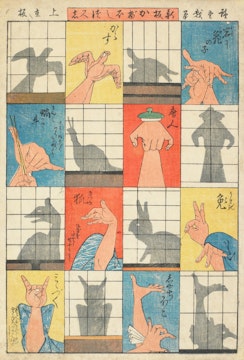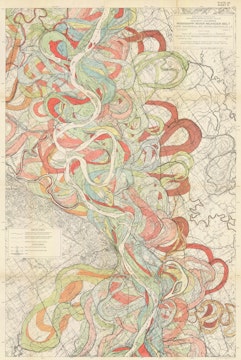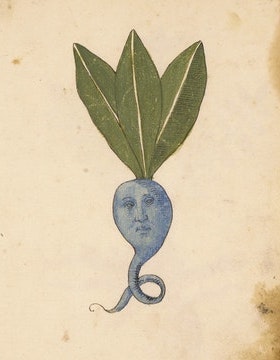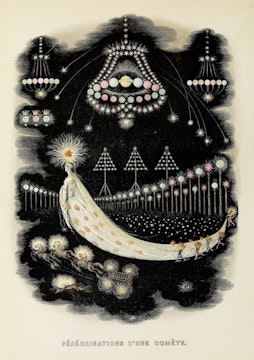
Kwaidan: Stories and Studies of Strange Things (1904)
Deriving its title from the word for "ghost story" in Japanese Kwaidan is a book by scholar and translator Lafcadio Hearn in which are compiled an array of ghost stories hailing from Japan. Hearn writes in his introduction, written only months before his death, that the majority of the stories were translated from old Japanese texts (some of which themselves were based on earlier Chinese tales), although one of the stories, "Riki-Baka", he declares to be of his own making, based on a personal experience. Unmentioned in the introduction, another of the stories — "Hi-Mawari", written in the first person — appears almost certainly to be born from his own experience also, a recollection of a childhood experience in Wales (he'd spent time near Bangor when a child living with his Aunt). Among the many curious and spooky happenings related in the other stories, we hear of a musician called upon to perform for the dead, man-eating goblins, a mysterious face appearing in a cup of tea, and, rather terrifyingly, a featureless girl with a face as smooth as an egg. The final section of the book, titled "Insect-Studies", is a presentation of Chinese and Japanese superstitions relating to the insect world, specifically butterflies (personifications of the human soul), mosquitoes (Karmic reincarnation of jealous or greedy people) and ants (mankind's superior in terms of chastity, ethics, social structure, longevity and evolution).
In 1964, Masaki Kobayashi's highly acclaimed Kwaidan was released, a Japanese anthology horror film based on stories from Hearn's collections of Japanese folk tales, mainly his Kwaidan: Stories and Studies of Strange Things after which the film was named.
Sep 27, 2016









